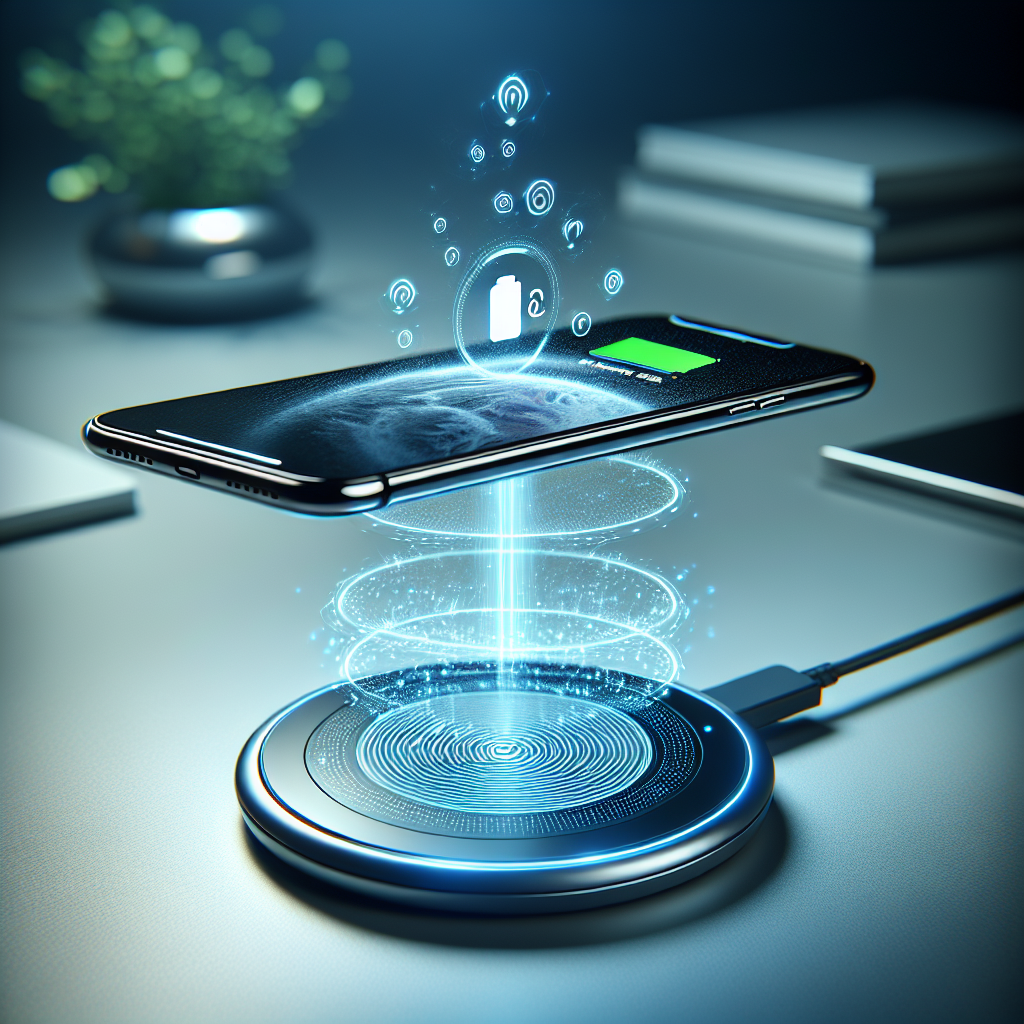What is Wireless Charging?
Wireless charging, also known as inductive charging, is a technology that allows you to charge your devices without the need for cables. Instead, it uses an electromagnetic field to transfer energy between two objects through electromagnetic induction.
How Does Wireless Charging Work?
Inductive Charging
Inductive charging works by using a charging station or pad that generates an alternating electromagnetic field. When a compatible device is placed on the charging pad, a receiver coil in the device converts this electromagnetic field into electrical energy, which then charges the device’s battery.
Resonant Charging
Resonant charging is a form of wireless charging that allows for charging over a short distance. It works on the principle of resonance, where both the transmitter and receiver are tuned to the same frequency. This method is less common but offers more flexibility in terms of device placement.
Compatible Devices
Many modern devices are compatible with wireless charging. Here is a list of some popular devices:
- Smartphones: Many smartphones from brands like Apple, Samsung, and Google support wireless charging. Models such as the iPhone 8 and later, Samsung Galaxy S6 and later, and Google Pixel 5 and later are all compatible.
- Wireless Earbuds: Wireless earbuds like Apple AirPods Pro, Samsung Galaxy Buds, and Google Pixel Buds also support wireless charging.
- Smartwatches: Popular smartwatches such as the Apple Watch Series 3 and later, and Samsung Galaxy Watch are compatible with wireless chargers.
- Miscellaneous Devices: Some tablets, e-readers, and even certain laptops from manufacturers like Lenovo and Dell support wireless charging.
Advantages of Wireless Charging
- Convenience: No more tangled cables and searching for the right charger.
- Durability: Less wear and tear on charging ports and cables.
- Safety: Reduced risk of electric shocks and short circuits.
Challenges and Considerations
While wireless charging offers numerous benefits, it also has some limitations:
- Slower Charging Speeds: Wireless charging is generally slower than wired charging.
- Heat Generation: Wireless charging can generate heat, which may affect battery life over time.
- Compatibility Issues: Not all devices support wireless charging, and compatibility standards can vary.
Conclusion
Wireless charging technology is a significant innovation in the world of electronics. While it offers numerous advantages in terms of convenience and safety, it also comes with its own set of challenges. Knowing which devices are compatible and understanding how wireless charging works can help you make the most of this cutting-edge technology.

